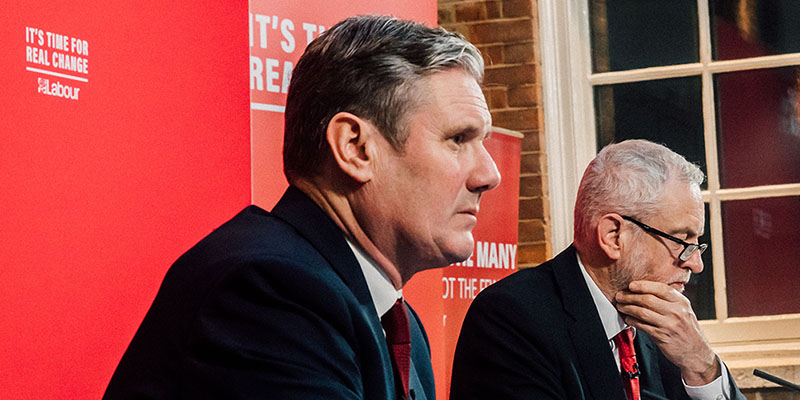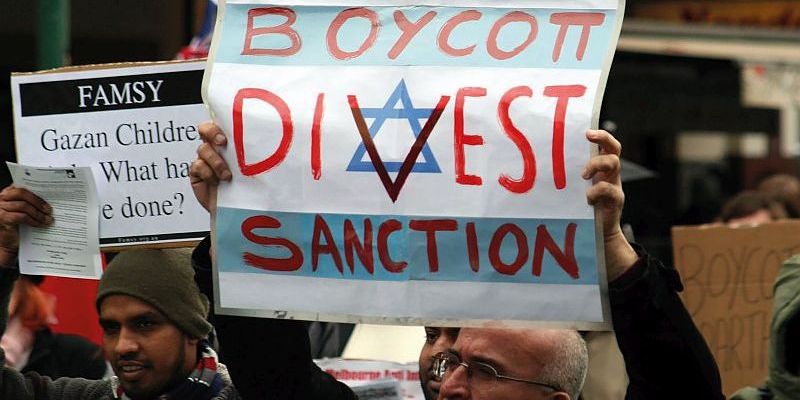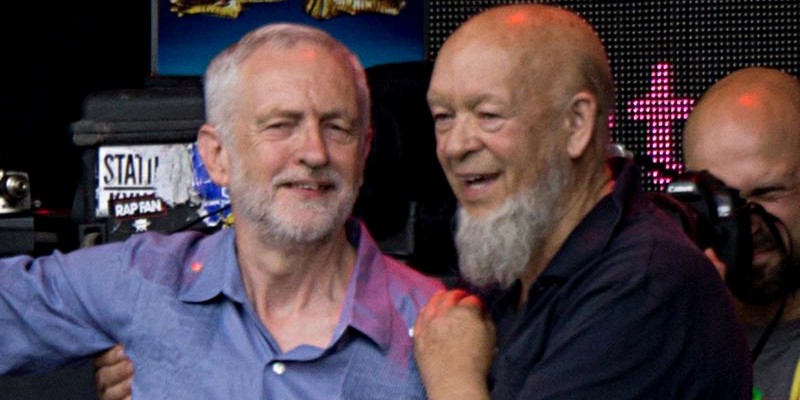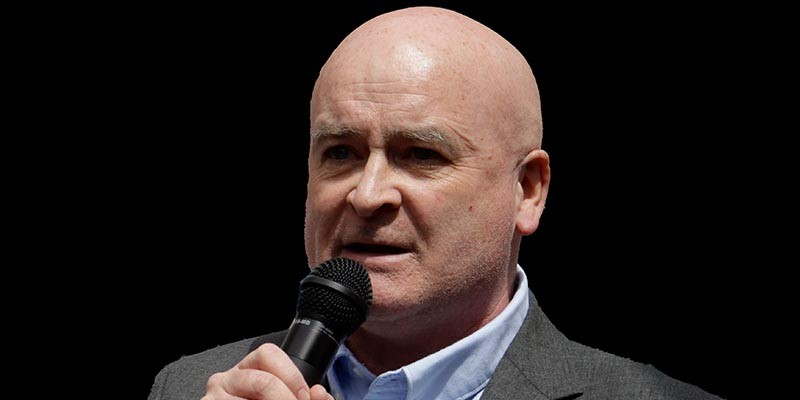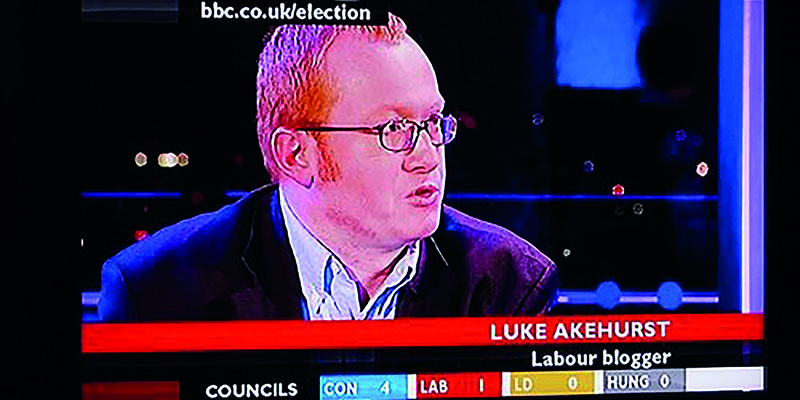Diane Abbott has finally spoken out on Labour’s ‘fraudulent’ disciplinary process. But, asks Carla Roberts, is Sir Keir’s refusing to allow her to stand as a Labour candidate the result of racism?
It has been just over five months since Diane Abbott MP was suspended from the Parliamentary Labour Party for her crass letter to The Observer, in which she wrote that Jewish people, travellers and “redheads” – basically anybody who is not black – “are not all their lives subject to racism”. Instead she claimed they are only subject to the lesser “prejudice” and in the process equated the persecution and mass extermination of Jewish people with the teasing experienced by redheads.
Of course, Labour leader Sir Starmer was quick to pounce on one of the few remaining Corbyn supporters in parliament. Abbott immediately and humbly apologised, blaming some computer mishap that allegedly sent a half-finished letter. (We very much doubt the other half would have been any better.)
Some on the left believe that Abbott should not have been criticised for her Observer letter, because showing ‘real solidarity’ demands that we do so uncritically. Kevin Bean’s article in the Weekly Worker at the time was widely criticised for ‘attacking’ Abbott.[1] What nonsense. Of course, we continue to oppose her suspension, as all socialists should. But we do so critically, because her letter, quite frankly, was a lot of ahistorical and apolitical nonsense. A reflection of the dire identity politics that remains popular on the left, despite the fact that it so obviously weakens and splits our class into smaller and smaller groups defined by colour, sex, gender, etc.
By reducing racism to simply a question of skin colour, Abbott drew on the very same ideas of a ‘hierarchy of racism’ that her letter was ostensibly designed to counter. It is just that Keir Starmer has got the pyramid the wrong way around, you see.
Abbott was, of course, correct to state that the trans-Atlantic slave trade and apartheid in South Africa were ideologically justified on the basis of biological racism. However, the same must be said of the oppression of Irish Catholics by the British colonial authorities, and Jews – above all under the Hitler regime. Indeed, Ireland was radically depopulated through a socially caused famine and an imperial neglect that justified itself on the basis that the ‘Africanoid’ Irish were inferior compared to the fine, upstanding Anglo-Saxons. The Nazis exterminated between four and eight million Jews … along with millions of Roma, Sinti, Slavs, homosexuals and Soviet POWs by putting mass killing onto an industrial footing.
Today, Romany gypsies and Irish travellers too, while they appear to Abbott as just another type of white people, are clearly and seriously disadvantaged when it comes to poverty, education, health, life expectancy, mental illness, etc. They are undoubtedly subject to overt racism by politicians, the media, the police and often also the local population that has been whipped up into vigorously opposing the setting up even of temporary camps in their neighbourhood.
Reading through Abbott’s September 19 statement[2] published on the social media platform, ‘X’ (formerly Twitter), it becomes clear that she continues to view politics chiefly through the prism of race – and herself. At no point does she try to link her suspension from the PLP to the wider witch-hunt and the anti-Semitism smear campaign. She writes:
The internal Labour Party disciplinary against me is fraudulent. The Labour Party has not charged me with anti-Semitism because they know it is untrue. As somebody who has fought all forms of racism all my life, I would consider it a very serious allegation. Instead, it has been used to smear me, my reputation, and decades of anti-racist work.
Before her
Her – and hundreds before her, of course. Why did she not speak out when others were falsely smeared as anti-Semites – at a time when it still could have made a difference? What about the disciplinary process, when it comes to Tony Greenstein, Chris Williamson and black activists Jackie Walker and Marc Wadsworth? Was that non-fraudulent? What about the hundreds who have since been publicly smeared as anti-Semites, often because they dared to criticise Israel? What about the bans and proscriptions? What about those who have been expelled because they ‘liked’ a social media post by Labour Against the Witchhunt? The list goes on, as we all know.
“I am the longest serving black MP,” she writes. “Yet there is widespread sentiment that, as a black woman, and someone on the left of the Labour Party, I will not get a fair hearing from this Labour leadership.”
At least there is some small recognition here (the only one in her statement) that her suspension might have something to do with the fact that she is on the “left”. But the “yet” implies that she believes she should have been treated differently to others on the left, because she is the “longest serving black MP”. Perhaps that is the reason why she “remained silent about this issue until now”. This was “in the hope that “some sense of decency and recognition of the tenets of natural justice might prevail”.
So she did not say anything before, because she thought, when it comes to herself, a black woman, a different set of criteria would apply, compared to the hundreds of others who have been vilified, smeared and persecuted? That is either extremely naive or extremely presumptuous.
In any case, Abbott – just like the rest of the entirely useless Socialist Campaign Group of MPs – in the main kept her mouth firmly shut. Instead of at least trying to take on the right, the official Labour left continues to this day to appease it, begging for forgiveness for the entirely fake ‘mass anti-Semitism problem’ of the party. In reality, it was exactly this silence and apologia that has allowed the witch-hunt to take hold, fester and become as successful as it is today. Corbyn and his allies showed their enemies exactly where they should best be attacked. The SCG is now so weak that Starmer can pick the remaining ‘left’ MPs off one by one, with little or no opposition.
As a result, not only has the left inside the Labour Party been crushed, but the campaign to conflate anti-Zionism with anti-Semitism continues to grow and poison all areas of society – in the media, schools, universities, town halls, political parties, national governments and the European parliament.
The truth is that Diane Abbott’s suspension has nothing to do with anti-Semitism or indeed the colour of her skin. No, withdrawing the whip from Diane Abbott is just the latest round in Sir Keir Starmer’s campaign to show the ruling class that he really is a man they can trust. With talk of the next general election taking place in May 2024, Starmer will want to make sure that there is no chance of Abbott – or Jeremy Corbyn for that matter – coming back onto Labour’s benches.
Replace me
The question is, why does Abbott go public now, after having kept quiet for so long? It appears it has to do with her prospect of being re-elected to parliament – or, more precisely, the lack of such a prospect. Abbott believes that the shutting down of her local CLP’s executive committee and replacement of its principal officers has less to do with the recent conviction for paedophilia of the election agent of Meg Hillier (MP for the neighbouring constituency of Hackney South) and the “relevant child safeguarding issues” posed by “members in both constituencies” – but was merely done in order to “replace me as the candidate prior to the next election”. Perhaps, perhaps not.
But it seems to have dawned on her at last that Starmer will indeed not make any kind of exception for her or let her off with a slap on the wrist. “Others have committed far more grave offences,” she complains, yet they “have been immediately excused as supporters of this leadership”. A rather weak defence, you would think, but the Morning Star editorial of September 21 makes the same point – listing various unpunished “offences” by rightwing MPs:
The racism is blatant once the record under Starmer is considered. Shadow cabinet member Steve Reed accused a Jewish businessman of being a ‘puppet master.’ He apologised – no sanction. Veteran backbench MP Barry Sheerman speculated about a ‘run on silver shekels’ when two Jewish businessmen did not get a peerage. He apologised, referencing his long support for Labour Friends of Israel – no sanction …
The editorial continues:
It may be as relevant that they are factional allies of the Starmer regime, which is also trying to hound Jeremy Corbyn and Jamie Driscoll out of office. But the racism in the difference in treatment is unanswerable.
Factional – yes, obviously. But racist? Really? It is now commonplace for many on the left to accuse Starmer and the Labour Party of ‘institutional racism’. Anti-black racism, obviously – not anti-Semitism, as the accusation against Corbyn went. The Forde Report, many claim, exposed such institutional racism. Wrong. Martin Forde KC wrote that Labour was “in effect operating a hierarchy of racism or of discrimination” and that it was not taking accusations of anti-black racism or Islamophobia as seriously as allegations of anti-Semitism.[3]
We all know why, of course. Those allegations were inflated and weaponised, because that is the stick with which to beat Corbyn. Many on the left now see their job of reclaiming the said “hierarchy of racism” – but with anti-black racism on top. Diane Abbott’s Observer letter is a (not very sophisticated) reflection of that widespread adherence to ID politics (‘My experience of racism is worse than yours’).
The boring truth is that the Labour Party under Sir Keir Starmer is not institutionally racist. Just as it was not anti-Semitic under Jeremy Corbyn. As a party with a membership of hundreds of thousands, of course, there is no doubt there will be a small minority of racists (and anti-Semites), reflecting what exists in wider society. But does that mean that either the leadership or the mass of Labour activists are racist?
It is absurd to claim that the straight-laced Starmer, who is going out of his way to show that he is capable of running ‘multicultural’ British capitalism without rocking the boat, would do so by running the Labour Party in a racist manner. Black and British-Asian members of the shadow cabinet, over 40 Labour MPs from “ethnic minority” backgrounds[4] and a commitment to official anti-racism paint a rather different picture.
Of course, what goes unquestioned is national chauvinism, unity around British red, white and blue nationalism, pursuing our national interests and loyalty to the UK monarchical constitution. But then most of the official Labour left share that exact same outlook which amongst them simply passes for common sense.
[1]. ‘Race, prejudice and stupidity’ Weekly Worker April 27: weeklyworker.co.uk/worker/1440/race-prejudice-and-stupidity.
[2]. twitter.com/HackneyAbbott/status/1704149054123360651.
[3]. www.theguardian.com/politics/2023/mar/17/labour-accused-still-not-engaging-hierarchy-racism-claims.
[4]. en.wikipedia.org/wiki/List_of_ethnic_minority_politicians_in_the_United_Kingdom#List_of_ethnic_minority_Members_of_Parliament.

